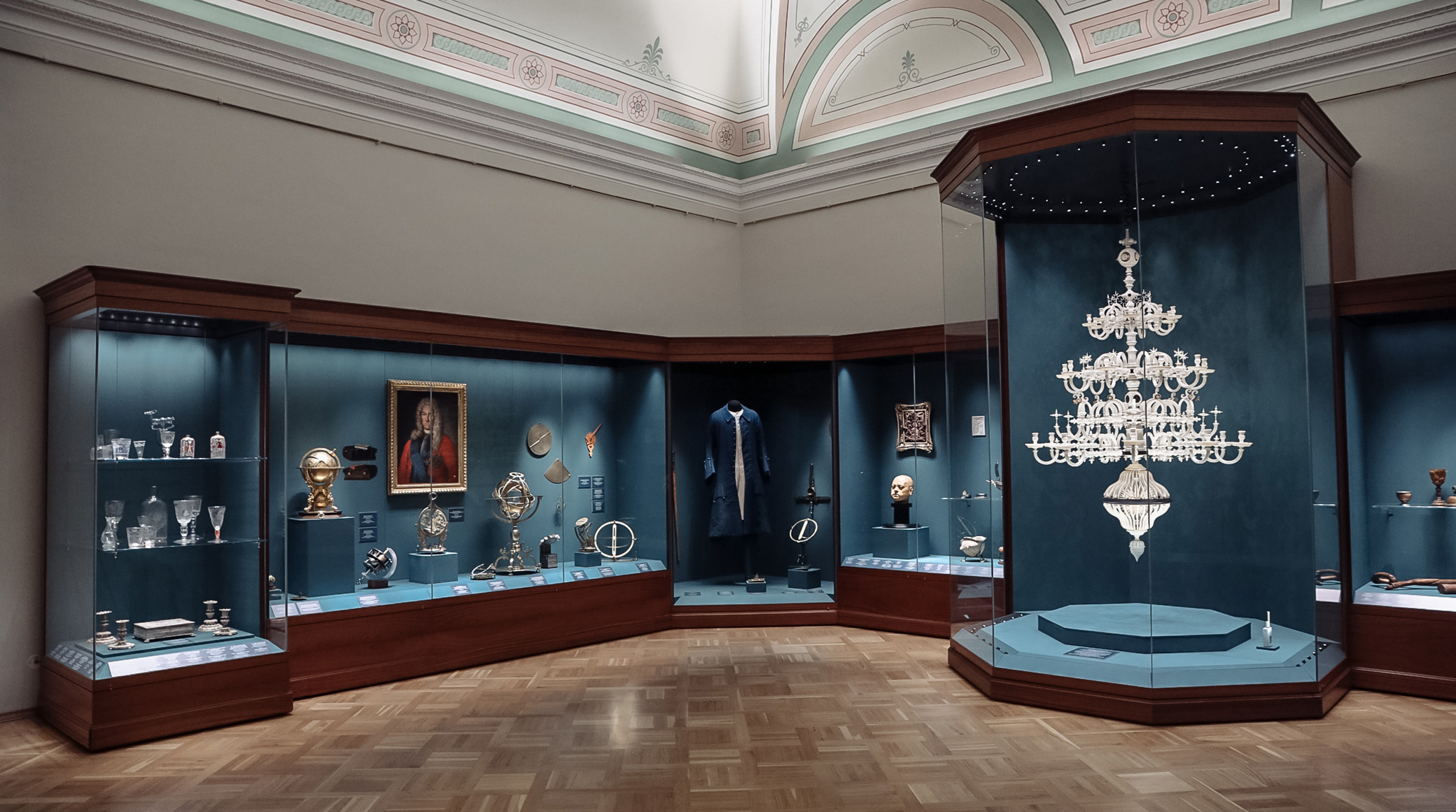The Chairman of Gazprom’s Management Committee Alexey Miller and Mikhail Piotrovsky, director of the Hermitage Museum, opened the “Peter the Great Gallery” in St. Petersburg on January 14. This gallery is the first component of a permanent museum exhibition called “Russian culture in the first half of the 18th century”.
The exposition celebrates 350 years since the birth of Peter the Great. The exhibits will be featured in 11 halls of the outyard part of the Winter Palace. The main themes are Russian art, culture and history during the times of Peter I and his daughter, Empress Elizaveta Petrovna, who continued the work of the first Russian emperor. Gazprom is the exhibition’s general sponsor.






